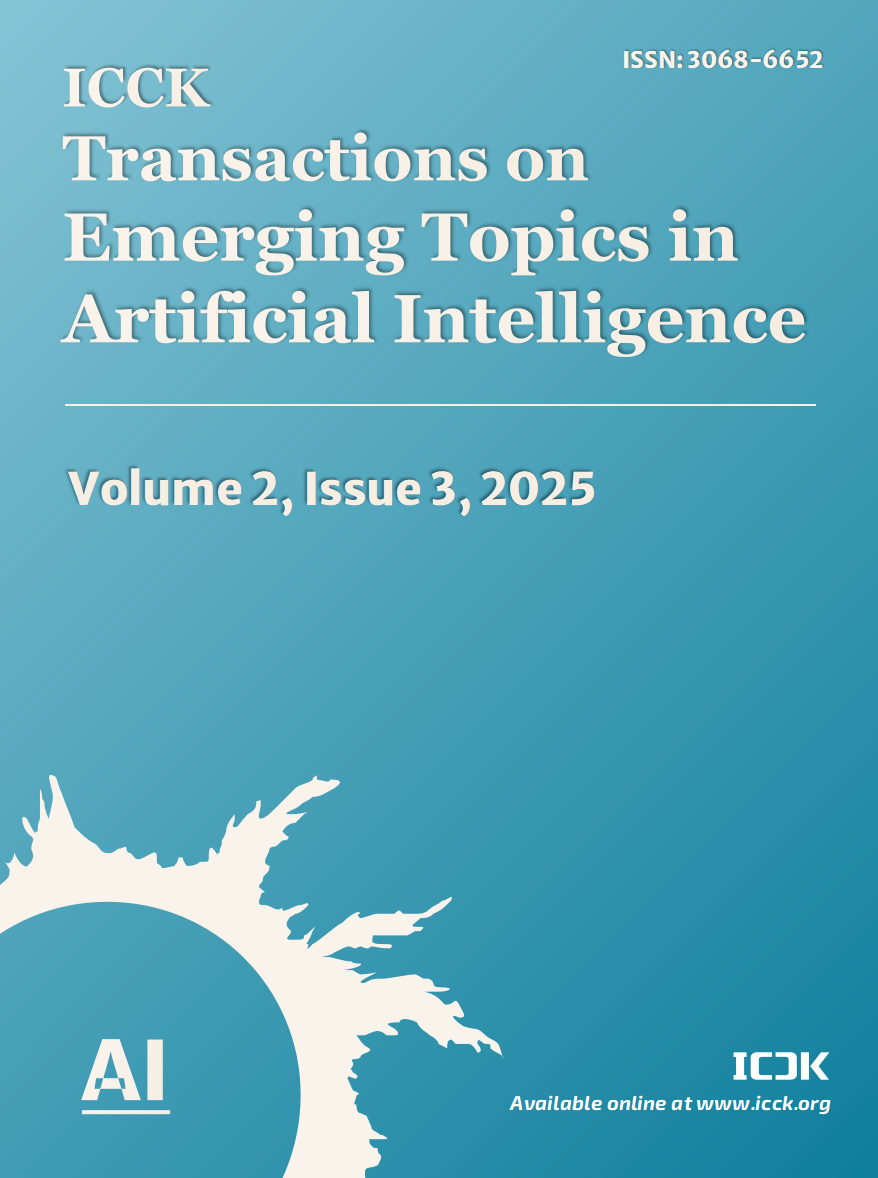Abstract
The rapid advancement of generative AI has created a critical gap between technological innovation and responsibility frameworks. This article examines the comprehensive challenges posed by AI systems that can autonomously generate content and make decisions affecting crucial social domains. We analyze the failure of traditional accountability mechanisms in addressing AI's emergent behaviors and ``black box'' characteristics, and propose a multi-dimensional approach to responsibility allocation. The analysis covers five key areas: the primary responsibilities of technology developers throughout the AI lifecycle, the necessary paradigm shifts in legal frameworks including new concepts of algorithmic accountability, the transformation of users from passive recipients to active participants in the responsibility chain, the imperative for global collaborative governance transcending national boundaries, and the dynamic nature of responsibility boundaries that must evolve with technological advancement. We argue that establishing robust responsibility frameworks is not about constraining innovation but providing sustainable institutional support for AI development. The boundaries of AI accountability must be continuously negotiated through the dynamic interplay of collective human wisdom, balancing efficiency with fairness, innovation with security, and development with sustainability, to ensure that AI technology ultimately serves as a positive force advancing human civilization.
Keywords
generative AI
algorithmic accountability
AI ethics
technology governance
legal innovation
Data Availability Statement
Not applicable.
Funding
This work was supported without any funding.
Conflicts of Interest
The authors declare no conflicts of interest.
Ethical Approval and Consent to Participate
Not applicable.
Cite This Article
APA Style
Shao, Y., & Zhang, B. (2025). The Accountability Paradox: How Generative AI Challenges Our Notions of Responsibility. ICCK Transactions on Emerging Topics in Artificial Intelligence, 2(3), 169–172. https://doi.org/10.62762/TETAI.2025.549572
Publisher's Note
ICCK stays neutral with regard to jurisdictional claims in published maps and institutional affiliations.
Rights and Permissions

Copyright © 2025 by the Author(s). Published by Institute of Central Computation and Knowledge. This article is an open access article distributed under the terms and conditions of the Creative Commons Attribution (CC BY) license (
https://creativecommons.org/licenses/by/4.0/), which permits use, sharing, adaptation, distribution and reproduction in any medium or format, as long as you give appropriate credit to the original author(s) and the source, provide a link to the Creative Commons licence, and indicate if changes were made.


 Submit Manuscript
Edit a Special Issue
Submit Manuscript
Edit a Special Issue
 Copyright © 2025 by the Author(s). Published by Institute of Central Computation and Knowledge. This article is an open access article distributed under the terms and conditions of the Creative Commons Attribution (CC BY) license (https://creativecommons.org/licenses/by/4.0/), which permits use, sharing, adaptation, distribution and reproduction in any medium or format, as long as you give appropriate credit to the original author(s) and the source, provide a link to the Creative Commons licence, and indicate if changes were made.
Copyright © 2025 by the Author(s). Published by Institute of Central Computation and Knowledge. This article is an open access article distributed under the terms and conditions of the Creative Commons Attribution (CC BY) license (https://creativecommons.org/licenses/by/4.0/), which permits use, sharing, adaptation, distribution and reproduction in any medium or format, as long as you give appropriate credit to the original author(s) and the source, provide a link to the Creative Commons licence, and indicate if changes were made. 